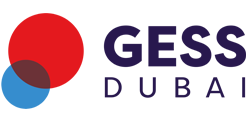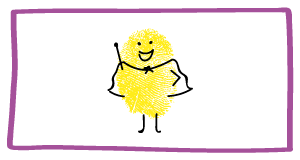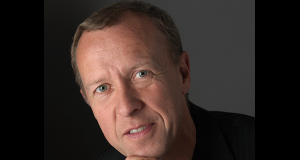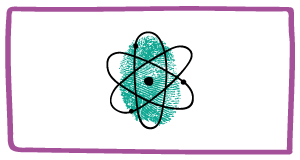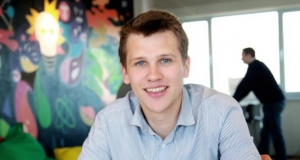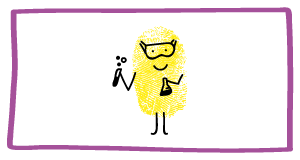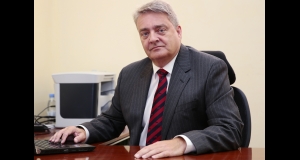In Conversation with...Donavan Whyte, Rosetta Stone

This month we speak to Donavan White to find out more about Rosetta Stone, overcoming barriers when entering a new market and education in the UAE.
1. How long have you been working for Rosetta Stone? Please describe your role:
I am the Vice President, EMEA Enterprise and Education, at Rosetta Stone and I have been with the company since 2008. In my capacity as VP, I lead the company’s regional division in Europe, Middle East, Africa, and South East Asia delivering technology-based education solutions to schools, businesses, and public sector organisations. I spearheaded the company’s leadership development and have been supporting Rosetta Stone’s product development, always focusing on our customers’ needs.
2. When and how did you enter the UAE market?
We have had clients in the region for more than four years. In March 2013 we officially opened our first Middle East office in Dubai as a testament to our confidence in the region and to our vision of being a critical partner in technology-based language-learning solutions for governments, businesses, and educational institutions that help drive some of the region’s critical and most impactful education strategies.
3. Were there any difficulties/barriers you came across? If so what were these, and what advice would you give to other companies entering this market?
Meeting different requirements of the diverse culture in the Middle East was one of the main difficulties we faced. As per the advice, I’d say that companies should be aware of the fact that it’s not a short investment; it takes time to build a networking ecosystem, understand the region, and conduct business effectively in the Middle East. Employing local talent and finding the right partners is key.
4. You have exhibited with us before. What advice would you give for first time exhibitors at GESS to maximise ROI and increase traffic to their stand?
Make sure to have not only Arabic-speaking representatives but also other relevant languages available in the stand as there will be delegates coming from around the globe. Also, it is important to staff the stand appropriately in order to allow in-depth conversations.
5. What do you find your greatest challenge to be when exhibiting?
To give everyone the attention they deserve. GESS always hosts inspirational thought leaders and educators and being a leader in online education ourselves, we’ve had many interesting discussions.
6. This year’s theme for GEF, our conference programme, is 'Education and the 21st Century: Skills, Opportunities and Challenges.’ What skills do you think are crucial to any young person studying in the UAE who intends to enhance their future career?
With the UAE experiencing rapid economic growth, a radical shift in the type of education that needs to be provided to students has occurred. The UAE government employs all possibilities on how to better improve the quality of education being offered in the country and how it can contribute to economic growth and competitiveness.
With the government ensuring that only the best education is provided to those living in the Emirates, it is also focusing on developing a national workforce that is ready to work with knowledge-based skills. Each student should possess functional skills such as social, communication, and creative skills. To help foster innovation, it is also vital to provide them with vocational skills. Foreign language skills are also critical to connect and collaborate with others, thereby increasing students’ global competitiveness in the future.
7. Who would you like to see at GEF 2014 and what issues surrounding education would you like to see being discussed?
Among the issues that can be discussed in GEF 2014 are the increasing demand of private schools in the UAE to provide education to local students that meets globally accepted standards; methods of teaching; and having more foreign education providers enter the region in order to increase global competitiveness. Integrating technology is also important in Middle East education.
8. Are there any new projects in the pipeline for Rosetta Stone in EMEA?
We will continue to be a language-learning company while broadening our technology-based education portfolio. Our acquisition of Lexia Learning, a company that has been providing reading solutions to thousands of schools in North America and UK, is a good example.
